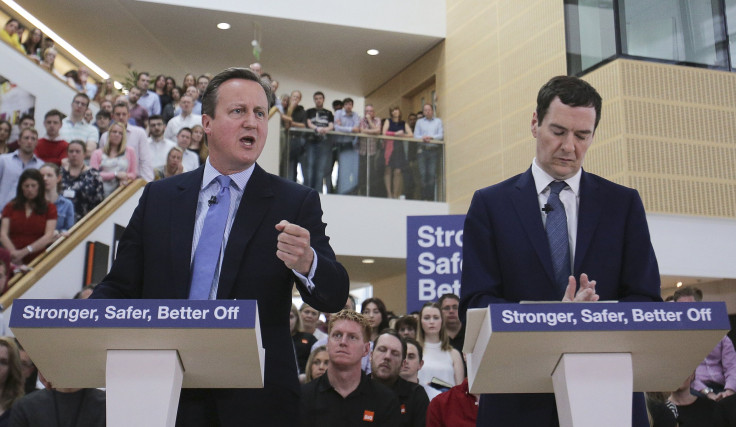UK Election Purdah Rules: Ahead Of Brexit Referendum, Government Officials Can’t Sway Vote

An odd sound will descend on the Brexit debate starting Friday: silence. Well, sort of.
With less than a month before the June 23 vote on whether Britain will remain in or exit the 28-member European Union, government officials have been busy issuing statements on what the economic impact could be either way. A “purdah” period begins Friday when civil servants and public officials will no longer be allowed to publish reports or take part in activities that could be interpreted as swaying the vote. The period means no new initiatives can be introduced.
“In general, authorities should not issue any publicity which seeks to influence voters, ensure that publicity relating to policies and proposals from central government is balanced and factually accurate and comply with laws which prohibit political advertising on television or radio,” said a local government guide addressing the Brexit issue.
The purdah period is meant to ensure that the government in power cannot use the country’s civil service to give themselves a leg up ahead of the vote, the Independent reported.
Purdah — a Persian term that means to curtain or veil — puts an end to reports like the one released Monday by the Treasury. That analysis found that if a Brexit takes place, the British economy would see its gross domestic product fall 3.6 percent to 6 percent, with wages dropping 2.8 percent to 4 percent, the Guardian reported. The purdah period means no more government reports will be issued examining the economic, political and social effects of a split with the EU.
Mark Carney, the governor of the Bank of England, has warned a recession could hit Britain if the leave vote succeeds. He is unlikely to make public appearances until a June 16 speech, the Guardian reported. For Prime Minister David Cameron, who is vocally campaigning for Britain to remain in the EU, the purdah period means civil servants and ministers will not be able to assist him with campaign stops or written remarks. That doesn’t mean, however, that Cameron and other remain campaigners will fall silent.
An average of Brexit polls conducted by the Financial Times shows a close vote with 46 percent of likely voters supporting the remain side and 40 percent throwing their vote behind the leave side. That leaves 14 percent of voters still undecided about their vote.
© Copyright IBTimes 2025. All rights reserved.






















